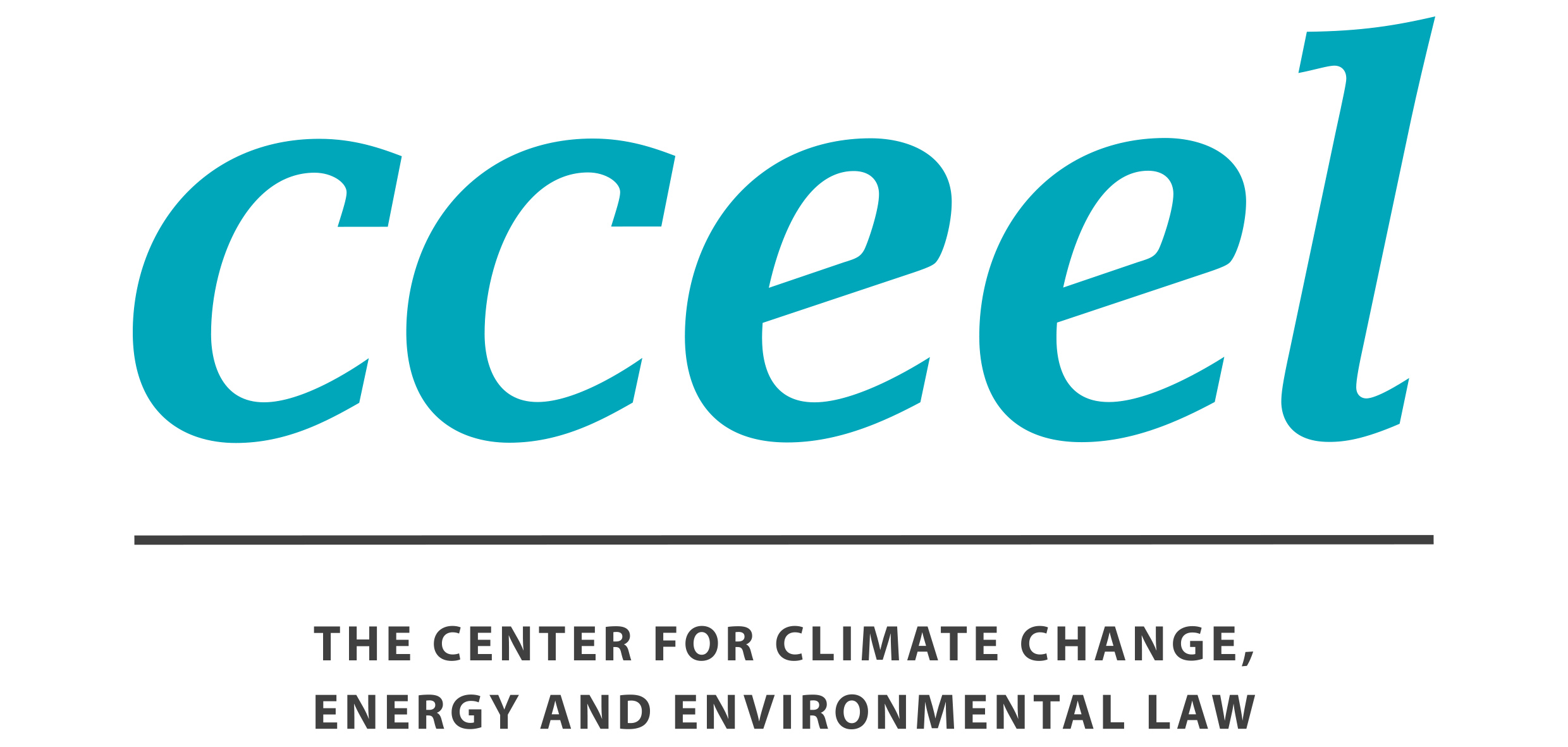The EU’s Dilemma on International Carbon Credits
by Kateryna Holzer, Senior Researcher This blogpost is based on research under the project ‘Voluntary carbon offsetting in (climate) action: Perception coalitions, representations, and regulation (OFFCORR)’, funded by the Research Council of Finland (grant 355944). Opinions expressed are however those of the author only. With the adoption of additional decisions on registries and standards for […]
Science or politics first? Snapshots from recent IPCC and IPBES Plenary sessions
By Moritz Petersmann, Doctoral Researcher working on PhD project: Fit for governing the triple planetary emergency? Towards enabling sustainability transformations at international science-policy interfaces With the political landscape in many parts of the world tilting to the right and populist agendas shaping government programs, science is increasingly under threat. Populist agendas often come with a […]
Simplification or deregulation? Evaluating the EU’s Clean Industrial Deal and Action Plan for Affordable Energy
by Matti Gurreck, Postdoctoral Researcher at the University of Eastern Finland Photo by Ellie Meh on Unsplash. The European Commission published its flagship policy package called the Clean Industrial Deal (CID) on 26 February 2025. In the run-up to the CID, environmental groups feared the new Commission’s plans might be a backlash for the environmental […]
A Recipe for Zero-Pollution Climate Policies: Win-win Solutions for Cleaning the Air and Protecting the Climate
By Niklas Löther, Project Researcher Photo by Benjamin on Unsplash. Around 400,000 premature deaths each year are attributable to air pollution in Europe. Yet, the subject is increasingly sidelined by the climate crisis in public debate – despite the European Green Deal setting both carbon-neutrality and zero-pollution as goals for 2050. Indeed, we should not […]
Kestävyysmurros edellyttää huomion kiinnittämistä ympäristövaikutusten seurantaan
Kirjoittaja: Anni Kärkkäinen, väitöskirjatutkija Blogiteksti perustuu ympäristövaikutusten arvioinnin asemaa kestävyysmurroksessa tarkastelevaan väitöskirja-artikkeliin, joka on osa strategisen tutkimusneuvoston rahoittamaa hanketta ”Mutkikkaiden oikeusjärjestelmien resilienssi kestävyysmurroksessa” (358392). Ympäristövaikutusten arviointi (YVA-menettely) on ennakollinen prosessi, joka mahdollistaa suurten hankkeiden merkittävien ympäristövaikutusten kartoittamisen varhaisessa vaiheessa ennen hanketoiminnan aloittamista. Haitallisten vaikutusten ehkäisy edellyttää toisaalta, ettei vaikutusten tarkastelu lopu hanketoiminnan aloittamiseen, vaan se […]
Saving the Green Deal: A Climate Justice and Human Rights Imperative
By Margaretha Wewerinke-Singh, Associate Professor at University of Amsterdam , Annalisa Savaresi, Professor at University of Eastern Finland and Corina Heri, Assistant Professor at Tilburg University This blogpost was first published at GNHRE blog (February 24, 2025) Introduction The European Green Deal — the EU’s flagship strategy to reach climate neutrality by 2050 and halt environmental degradation—launched […]
The ICJ Advisory Opinion on Climate Change: December 2024 Hearings
By Eugenia Recio, Post-doctoral Researcher Photo by Rafael Ishkhanyan on Unsplash The International Court of Justice (ICJ) is set to play a significant role in the legal response to climate change. The United Nations General Assembly (UNGA) resolution spearheaded by Vanuatu and supported by over 100 countries, requested the ICJ to provide an advisory opinion […]
Designing a Sustainable European Hydrogen Market
By Sébastien Noël, PhD Researcher Photo: ©AdobeStock scharfsinn86/AA+W Shortly after the Paris Agreement entered into force, several governments, including the EU, announced their national hydrogen strategies, favouring hydrogen as a promising fuel for the energy transition. Yet, some questions need to be addressed with regard to the importance of hydrogen for the energy transition. In […]
COP29 and Its Implications for Carbon Capture and Storage Technology
By Reza Maddahi, PhD Researcher The 29th Conference of the Parties (COP29) to the United Nations Framework Convention on Climate Change (UNFCCC) concluded in November 2024 in Baku, Azerbaijan. Billed as a ‘technical COP’, this conference focused primarily on solidifying financial mechanisms and technical rules within the Paris Agreement framework. Key outcomes included the establishment of the ‘new collective quantified goal’ […]
Designing Climate Clubs in Harmony with the Principle of Common but Differentiated Responsibilities and Respective Capabilities
By Catherine Hall, PhD Researcher Despite some notable successes and progress, the UN climate regime has been unable to stem the flow of global greenhouse gas emissions at the speed and scale needed to avoid dangerous climate change. The latest Emissions Gap Report reveals a particularly sobering reality. If countries fail to deliver stronger ambition […]
